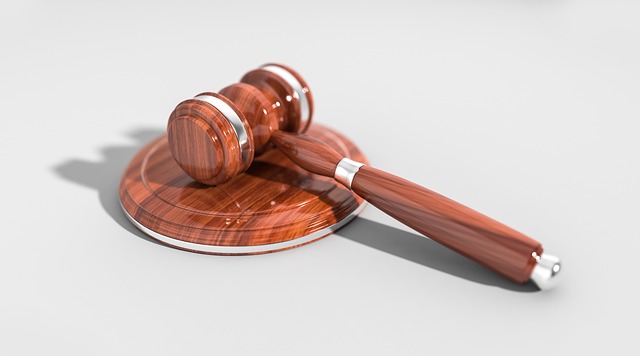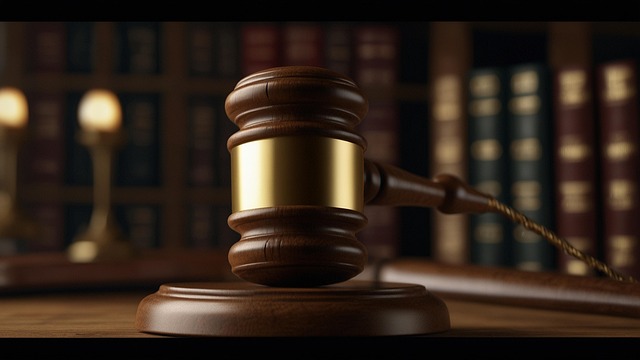Psychological injuries like anxiety, depression, and PTSD are significant in personal injury cases, often overlooked but as debilitating as physical wounds. The legal system considers their long-term effects on daily life, work, and relationships when determining personal injury compensation. Evaluating such damages is complex, requiring medical records, expert testimony, and the injured party's accounts. A strategic approach, local jurisdiction knowledge, and experienced lawyers are crucial to securing fair personal injury compensation for psychological injuries.
Personal injury compensation goes beyond physical damages. Psychological injuries, such as emotional distress and mental health issues, are increasingly recognized in personal injury cases. This article delves into the complex world of compensating for psychological injuries, exploring key aspects like understanding these injuries, evaluating associated damages, and navigating legal strategies for successful compensation claims. By understanding these elements, individuals can better navigate the legal pathways to secure fair personal injury compensation.
- Understanding Psychological Injuries in Personal Injury Cases
- Evaluating Damages for Emotional Distress
- Navigating Legal Pathways to Compensation Success
Understanding Psychological Injuries in Personal Injury Cases

Psychological injuries are a significant and often overlooked aspect of personal injury cases. These can include conditions such as anxiety, depression, post-traumatic stress disorder (PTSD), and other mental health issues stemming from traumatic events. Understanding the impact of these injuries on an individual’s life is crucial when determining personal injury compensation. Unlike physical injuries with clear diagnostic tools and visible scars, psychological trauma often leaves no physical marks but can be just as debilitating.
In many personal injury claims, including those involving contract disputes or wrongful death cases, psychological injuries play a significant role. The legal system recognizes that mental health issues can severely affect one’s ability to work, maintain relationships, and engage in daily activities. As such, when evaluating personal injury compensation, courts consider the long-term effects of psychological injuries, which may manifest as ongoing therapy, medication, or even permanent disability. This comprehensive approach ensures that victims receive fair and adequate compensation for their suffering and recovery process.
Evaluating Damages for Emotional Distress

Evaluating damages for emotional distress is a complex process within personal injury compensation claims, especially when it comes to psychological injuries. In cases of auto accident injuries or medical negligence, where victims experience severe emotional trauma, determining fair compensation can be challenging. Assessors must consider the nature and extent of psychological damage, often involving long-term therapy or counseling sessions. The impact on an individual’s daily life, relationships, and ability to work is meticulously scrutinized during this evaluation.
The process involves a thorough examination of medical records, expert testimony from psychologists or psychiatrists, and personal accounts of the injured party. These elements help paint a picture of the emotional journey following the incident, be it a car accident settlement or any other form of medical negligence. Ultimately, the goal is to provide adequate compensation that recognizes the severity and lasting effects of psychological injuries.
Navigating Legal Pathways to Compensation Success

Navigating the legal pathways to secure personal injury compensation for psychological injuries requires careful consideration and strategic planning. It’s crucial to understand that each jurisdiction has its own set of rules and regulations governing such cases. In many instances, victims of psychological harm resulting from accidents, assault, or medical negligence must prove their case through substantial evidence and expert testimony. This often involves documenting the extent of their mental health struggles, seeking reports from qualified healthcare professionals, and reconstructing the events leading to their injuries.
Building a compelling personal injury case necessitates the expertise of experienced legal counsel who can guide individuals through this complex process. Lawyers specializing in product liability settlements, truck accident settlements, or general personal injury cases have the knowledge to help clients navigate the legal system, ensuring they receive fair and just compensation for their psychological injuries. They will also assist in managing timelines, negotiating with insurance companies, and presenting a strong case to achieve favorable outcomes.
Personal injury compensation for psychological injuries is a complex yet vital aspect of seeking justice and healing. By understanding the nature of these injuries, evaluating their impact through damages for emotional distress, and navigating the legal pathways with expertise, individuals can secure the support they need to recover. This process ensures that those affected by traumatic events receive recognition and fair compensation, fostering a more comprehensive approach to personal injury cases.





